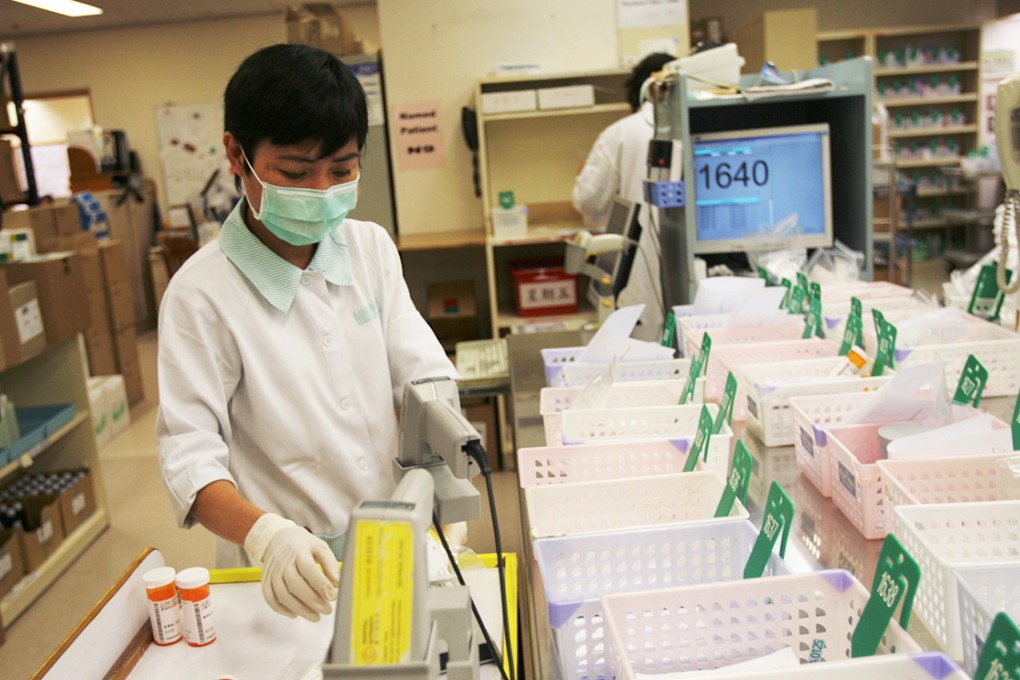Give pharmacists bigger role in health care
The result of over-prescription of antibiotics and failure to take them as directed is well documented. It hastens bacterial resistance, which can lead to serious illness and death.

The result of over-prescription of antibiotics and failure to take them as directed is well documented. It hastens bacterial resistance, which can lead to serious illness and death. Experts warn that at the current rate, everyday complaints could become killers again. One hope of halting this trend lies at the cutting edge of biotechnology research, in the creation of antibodies targeted at resistant bugs.
Saving lives is more important than saving money, but amid focus on that the cost of drug misuse often gets overlooked. To find out more, the Society of Hospital Pharmacists surveyed 1,500 patients aged 55 and over. The answers indicated that a quarter of patients at public specialist outpatient clinics don't take their medication as instructed, and that 20 per cent of it is wasted at a cost to the Hospital Authority of more than HK$100 million a year. Dermatology, surgery, asthma and psychiatric patients were the chief culprits, all above the 25 per cent average.
This is disturbing, from a public health point of view as well as a waste of the enormous recurrent outlay of public funds on the city's hospital-based health system. Society president William Chui Chun-ming said the interval between appointments, the amount of medication and the patient's attitude were the main factors affecting compliance. More than a quarter of patients who had to wait for up to a year for an appointment did not comply with medication directions.
It is human nature, if not common sense, to abandon medication once symptoms disappear. Hopefully, the revelations of waste will prompt a more determined joint effort to educate the public in responsible use of drugs. The authorities should seriously consider the pharmacists' call to be given a bigger role in monitoring medication compliance, alongside diagnosis. They are an underused resource of a stressed system. The government should also press on with reforms of health-care financing and delivery to reduce waiting times, including a bigger role for the private sector.
